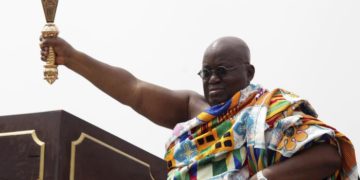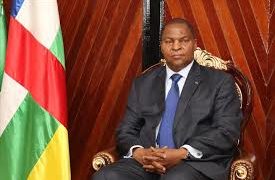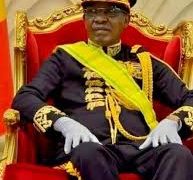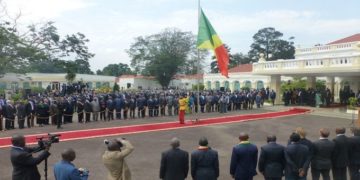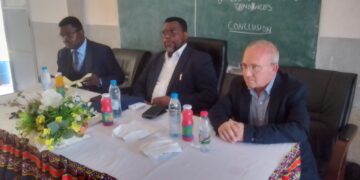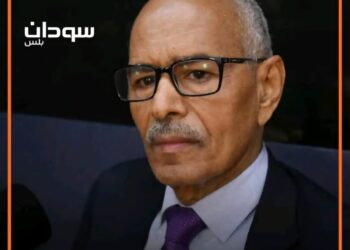It has been said that Cameroon has made tremendous strides in the practice of Bilingualism. The statement was made by the scribe of the National Commission for the Promotion of Bilingualism and Multiculturalism. He made statement while granting an interview to the State run broadcasting Corporation , the Cameroon Radio and Television CRTV while assessing the state of bilingualism in the country. The creation of the Commission in 2017 and the adoption of the law of 24 December 2019 on official languages are some of the milestones that have boosted bilingual policy of the nation. He said both actions from the government has solved some of the issues or difficulties that were raised or brought about by the 1961 Constitution.
The creation of the Commission and the adoption of the December 24 law on official languages he noted is leading integral bilingualism. Some action that this law has provoked is the engagement of the Presidency of the Republic to publish most of the legal instruments signed by the President in both languages, an act which has influence other government officials too to follow suit. Also because of the December 24 2019 law on official languages citizens can evoke the linguistic right to be served in the language of choice. As such a user public serves can quote an article of the law obliging a public authority sitting in government office to serve him in the language of his choice. It is also an obligation imposed on the public authority sitting in government office to also serve a Cameroonian in the language of his choice. Cameroonian by this law Cameroonian can ask for redress on violation of their linguistic rights before administrative courts, the civil code and criminal procedure code has made provision for this, Dr. Asafor emphasized.
He noted that the strategy of the National Commission for the Promotion of Bilingualism and Multiculturalism (NCPBM) has been effective as the Commission has been able to provide appropriate solutions to problems raised concerning the use of these languages in the country. This strategy he added has been base of receiving complaints and treating them appropriately with the help of the institutions concerned.
Another aspect the Secretary General praised the Commission for is the outcome of the work carried out by internal commissions created by NCPBM that visited state entities. The work carried out by the these internal commissions enabled the NCPBM to make recommendations on shortcomings observed concerning the practice of bilingualism in the country. He observed things are evolving positively in state entities. Reports received by the Commission indicate that meetings are now held in both English and French Languages, bilingualism days have been put in place,documents are produced in the two official languages and most of all signposts are now in both languages with equality in font size of characters used.
When question on allegations that the Commission is not effective because it only submit reports to the Head of State, the Dr Chi Asafor said this is not a problem. He revealed that all the recommendations made to the President of the Republic have been forwarded to the Prime Minister for appropriate actions. The Prime Minister has in turn sent these recommendations to the concerned ministries and this explain why ministries are now acting positively towards bilingualism.
The Secretary General disclose that after this first of evaluation, the Commission will go down to decentralized services in the regions. Equally on the Commission action plan is yearly visit to ministries to ensure the proper respect of the recommendations that have been forwarded down to the President of the Republic.
It is worth mentioning that one of the fundamental causes of the anglophone crises has been the promotion of the linguistic rights of English Speaking. This complain amongst others featured as one of the grievance advanced by lawyers and teacher trade union when they staged a strike action in 2016. The creation of the National Commission for the Promotion of Bilingualism and Multiculturalism was to provide a solution to this problem. The creation of the NCPBM was to give an impulse to a policy that existed but which and gradually gone through some sleep. ” The Head of State through the NCPBM came to revive and give a rebirth of the bilingualism policy in Cameroon and he needed an instrument that was going to sustain the promotion of bilingualism on a daily basis”. This thus makes the promotion of bilingualism one of the first ingredients of the promotion of living together




